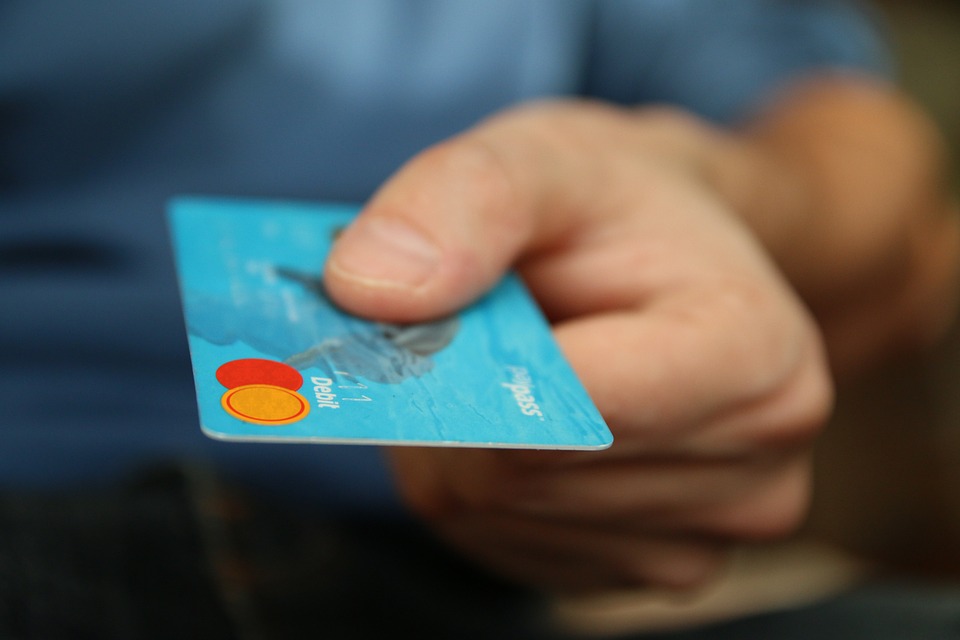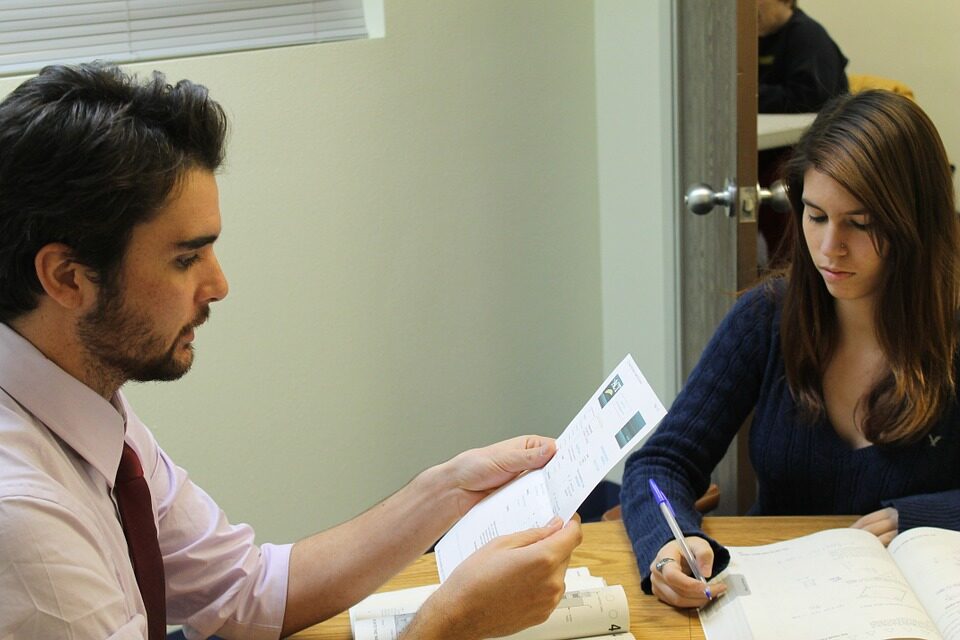Some credit repair services are saying, household debt is the number one stressor most married couples face, and it’s only getting worse. This year more than 13 trillion dollars of debt will be weighing families down across the nation, causing a steady decline in credit scores with it. While many factors play into credit score determination, some factors are more influential than others.
Bankruptcy
Hundreds of thousands of people claim bankruptcy every year. Some do it for a good reason. Others do it who may have been able to save themselves financially by other means. Either way, bankruptcy is a killer of credit that takes years to wipe off one’s credit record.
Foreclosure
The most common credit damaging factor in the last decade has been foreclosure. The housing bubble and subsequent recession that swept the nation over ten years ago has left a heap of foreclosures in its path of destruction. While foreclosures seem to be more common lately, they are still very harmful to one’s credit rating.
Other Factors
Maxed out credit cards, or in other words, a high debt to credit ratio, will drop your credit score by a good 100 points or so depending on the extent of your debt and credit. Delinquent payments are also harmful, particularly if the delinquency is chronic. To keep swimming during hard financial times, many of us took on new debt, which can impact a credit score negatively, also.
What You Can Do About Bad Credit
Rebuilding your credit is by no means an overnight process. But, with consistent and deliberate actions, you will start to see your credit score creep back up into ranges you can feel proud of once again.

Pay Your Bills On Time
Even if you have to pay the minimum and come back a week later and pay more to reduce the overall debt, paying on time will keep your credit score stable or slowly climbing. Miss a payment or two and the impact on your score will be visible within the next billing cycle.
Pay Off Debt
Get that debt to credit ratio as attractive as possible. The ideal situation is to have plenty of credit that you use and pay off completely every month. Scrutinize your monthly budget, scrimp and save where you can, and use the money you’ve saved, no matter how small, to pay down your balances. Once you’ve achieved your goals, approach your credit cards with a new attitude: If you can’t afford to buy something, just don’t buy it. This is essential to remember if you want to get your credit repaired.
Don’t Close Accounts
That sounds counterintuitive, but the older your accounts, the higher your score. Opening new accounts can hurt your credit depending on the number of accounts you already have open and their debt to credit ratio.
Diversify
Once you’ve succeeded in paying down debt, you may want to fine tune your credit so that you can achieve the highest score possible. The best way to do this is to diversify your debt so that you have a healthy balance of credit lines, credit card accounts, mortgages, etc.

